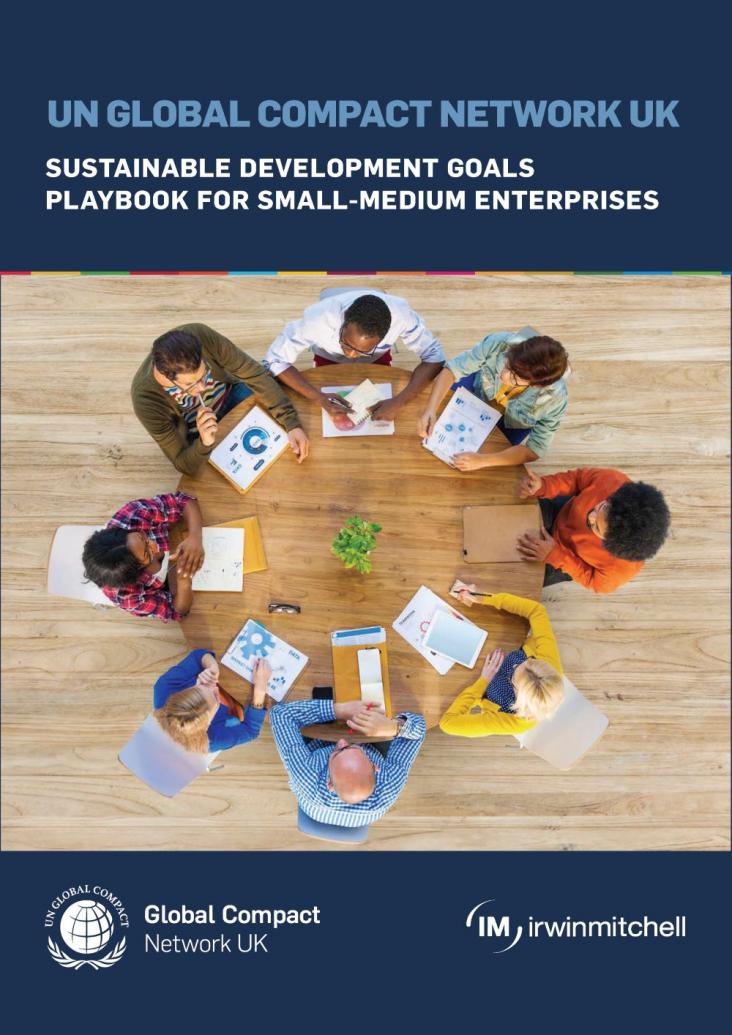

Heat Pipes: Theory, Design and Applications (Seventh Edition) - Chapter 6: Heat pipe heat exchangers
Heat Pipes (Seventh Edition), Butterworth-Heinemann, 2024, Pages 245-269
Supports the UN SDGs by enhancing energy efficiency, reducing energy consumption, and promoting the use of renewable energy sources. By improving heat transfer processes, these technologies help achieve SDG 7 (Affordable and Clean Energy) by increasing energy efficiency and reducing greenhouse gas emissions. Additionally, they contribute to SDG 9 (Industry, Innovation, and Infrastructure) by promoting innovation in energy-saving technologies and improving industrial processes to support sustainable development
